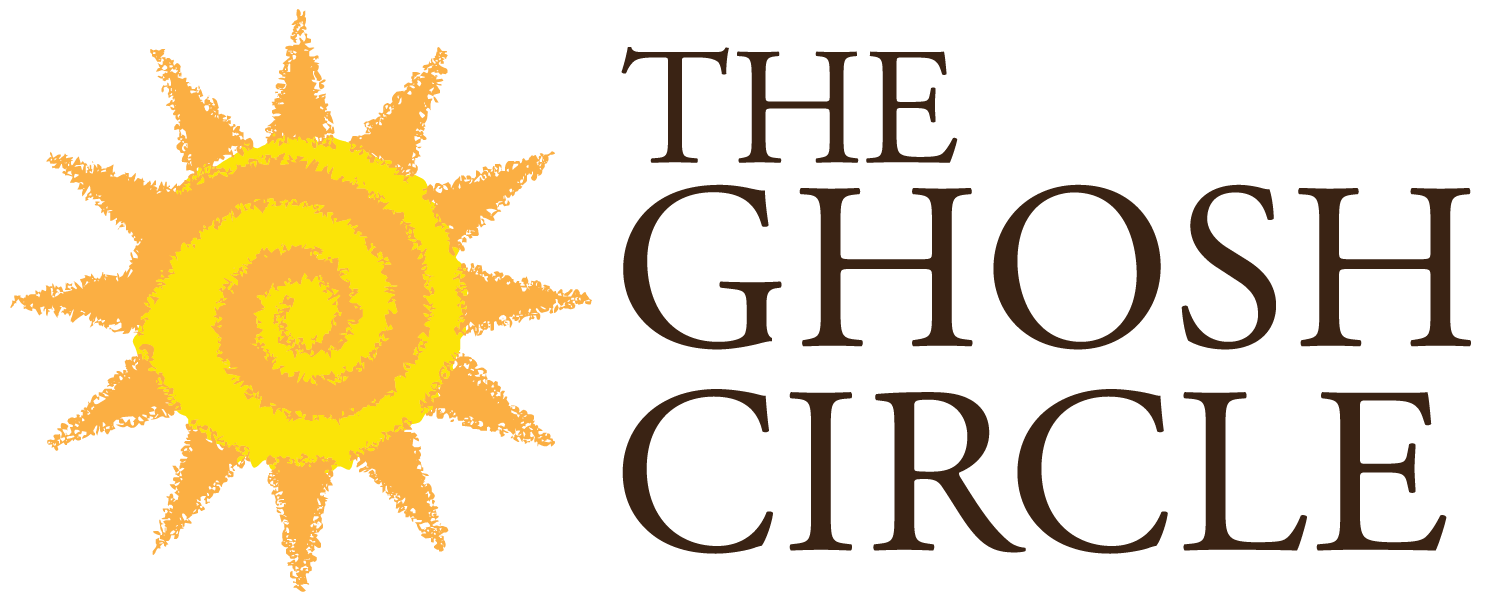Tips for Reliable Cancer Research
Type “cancer treatment” into Google, and you’ll receive thousands of search results. Talk to someone who’s had cancer (or who knows someone with cancer), and you’ll be offered advice, insight and opinions. Some of this is helpful; some of it – not so much. The question is how do you know?
When the diagnosis is cancer, it’s natural to want to learn as much as you can. But, you also need reliable information that’s relevant to your type of cancer. Here are some tips for sorting through the clutter.
Talk to Your Doctor
Your physician is the person who knows the most about your diagnosis and about you. Make a list of questions in advance so you’re sure to cover everything. Don’t worry about asking “dumb” questions – there’s no such thing. Ask your doctor to point you to reliable sources of information.
Turn to Trusted Sources
Guided by your doctor, focus on a handful of trusted websites and resources. Ask about current print material you can take home and share with your family. Learn about books you can order or borrow from the library (stay aware that books quickly fall out of date). Inquire which websites are best for your particular type of cancer.
Avoid Information Overload
Too much information can be as bad as no information – and when it comes to cancer, there’s a wealth of information out there. To help you learn and cope, focus on just a few. At The Ghosh Center, we recommend these leading cancer websites, as well as some local resources, on our Online Cancer Resources page.
Don’t Overreact to Research Breakthroughs
Medical news changes often. You may read of groundbreaking research one month, only to have it challenged the next. Conclusive research comes from years of study and clinical trials and is reported first in established medical journals, not popular media. Beware of information that promises miracles or a cure such as the one we found below.


